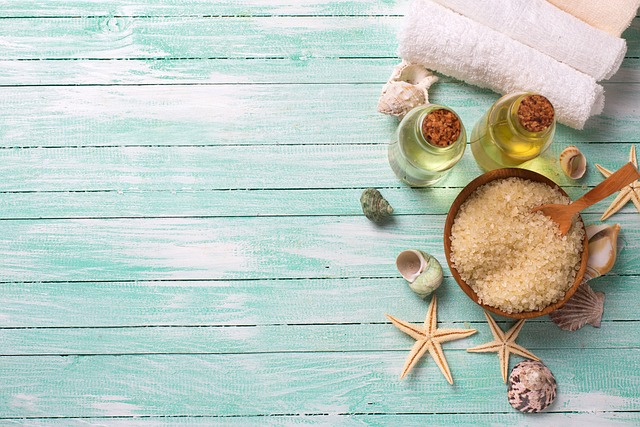Understanding Emotional Resilience
In a world that often feels turbulent and uncertain, cultivating emotional resilience is more vital than ever. This ability to bounce back from setbacks and navigate life’s challenges not only enhances our well-being but also fosters a sense of inner peace and harmony. But what exactly is emotional resilience, and how can we nurture it in our daily lives?
The Essence of Emotional Resilience
At its core, emotional resilience involves adapting to stress and adversity while maintaining a positive outlook. It’s about finding strength in vulnerability and learning to manage our emotions effectively. When we develop this skill, we create a buffer against the negative impacts of challenging situations, allowing us to maintain balance even when the storms of life hit.
Recognizing Your Emotions
One of the first steps in building emotional resilience is to acknowledge your emotions. Often, we tend to suppress or ignore our feelings, believing they are signs of weakness. In reality, recognizing and validating our emotions is a crucial part of the resilience-building process. Take time each day to check in with yourself. Ask: “How am I feeling?” and allow yourself to experience those emotions without judgment.
Fostering Connection
Another key element of developing emotional resilience is nurturing relationships with others. Connecting with friends, family, or even support groups can create a safety net during difficult times. Sharing your experiences and listening to others not only fosters community but also provides you with different perspectives, which can enhance your problem-solving skills and emotional understanding.
Practicing Mindfulness and Self-Care
Incorporating mindfulness practices into your daily routine can significantly boost your emotional resilience. Mindfulness encourages us to stay present, helping to quiet the noise of anxiety and stress. Simple techniques such as meditation, deep breathing exercises, or even gentle yoga can center your mind and provide clarity during tumultuous times. Coupling mindfulness with self-care activities—like pursuing hobbies, engaging in physical exercise, or spending time in nature—can recharge your emotional batteries and promote a sense of harmony.
Embracing a Growth Mindset
Adopting a growth mindset is essential for building emotional resilience. This means viewing challenges as opportunities for growth rather than insurmountable obstacles. When faced with difficulties, shift your focus to what you can learn from them. Cultivating this mindset not only boosts your confidence but also helps you trust in your own abilities to overcome future challenges.
Setting Boundaries
Learning to set healthy boundaries is a fundamental aspect of maintaining emotional resilience. It’s essential to recognize your limits—whether in relationships, work, or your personal life—and to communicate those boundaries effectively. Protecting your emotional space helps to prevent burnout and ensures that you have the energy to face the challenges that life throws your way.
Seeking Professional Support
Sometimes, the journey to emotional resilience may feel overwhelming, and that’s okay. Seeking professional support from a therapist or counselor can provide you with valuable tools and strategies tailored to your unique experiences. Therapy can offer a safe space to explore your emotions and equip you with the coping mechanisms necessary for navigating life’s ups and downs.
As you embark on this journey to cultivate emotional resilience, remember that harmony comes from within. By recognizing your emotions, fostering connections, embracing mindfulness, and setting boundaries, you can create a more balanced and fulfilling life.




